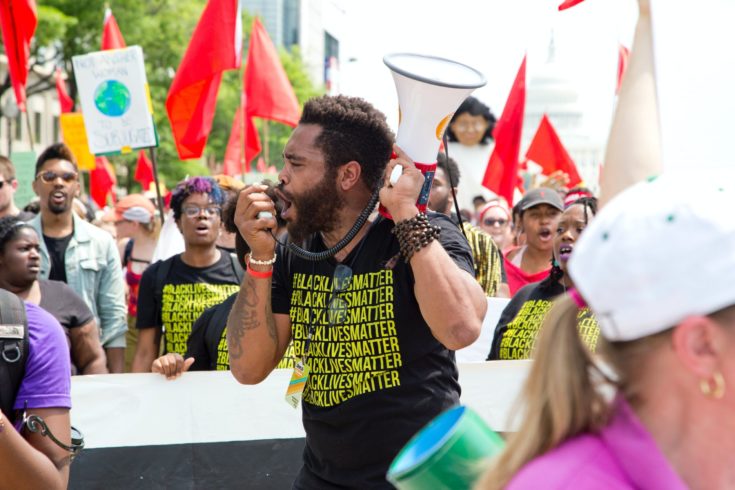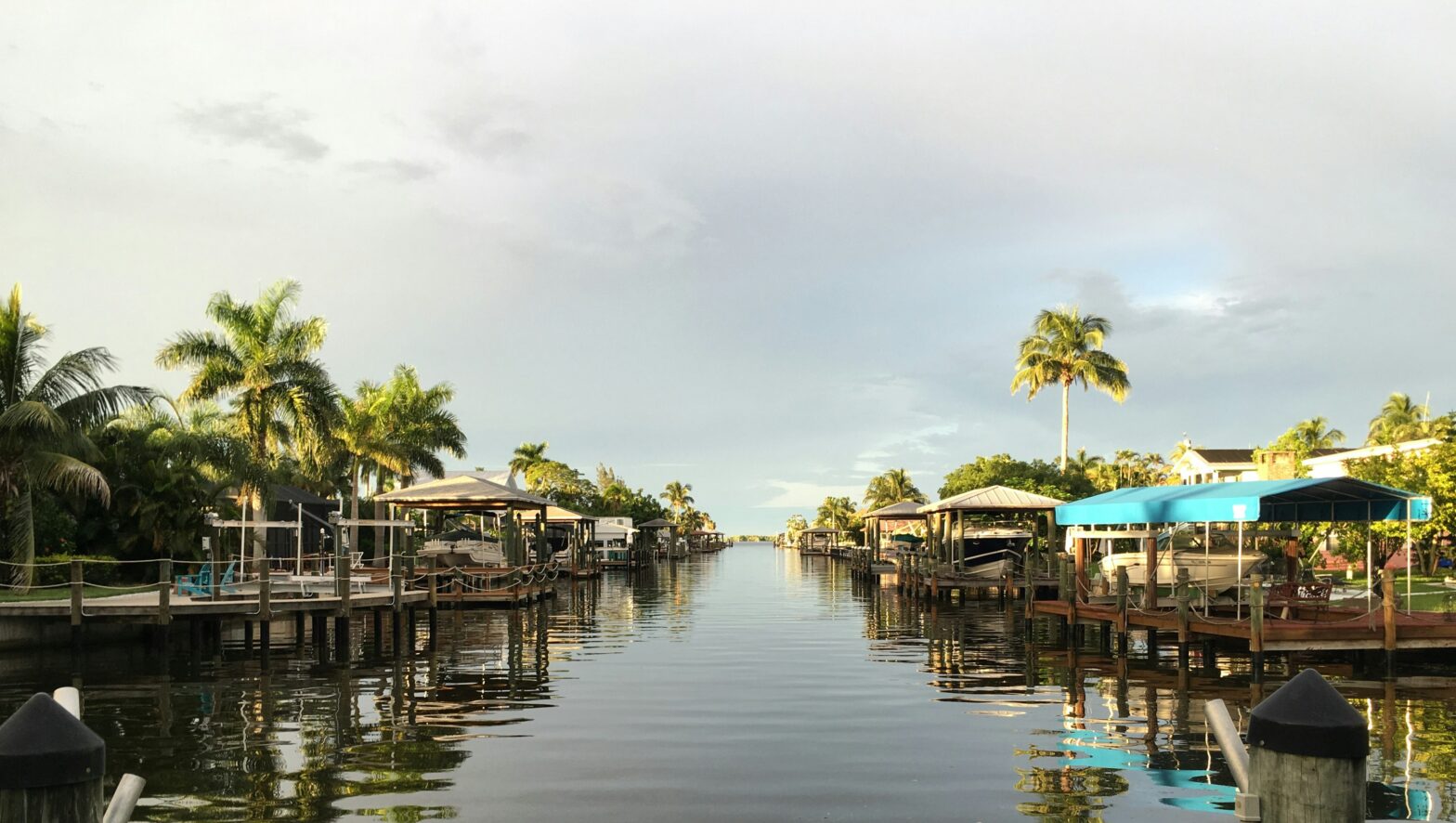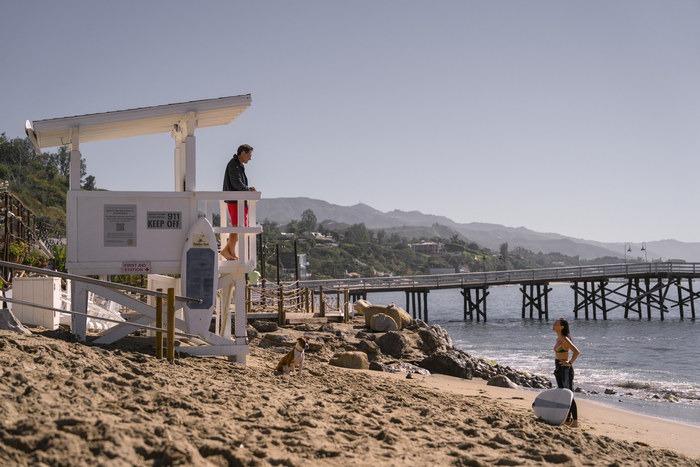Activists across Europe have been leading the push to include more Black history in the school systems’ curriculum. When the Black Lives Matter protests erupted in North America, they sparked worldwide protests in other countries worldwide.
And while the protests have ended, there’s still a push to change the education system.
Lavinya Stennett, the founder of the Black Curriculum, a group in Britain trying to get Black history taught year-round, told Voice of America that only slavery is taught in school.
“Before when we were running the organization, there would be opportunities for us to work with schools, but it kind of seemed like the only schools that were doing it were the ones that were already doing this kind of work, right,” said Stennett. “So, I think after that Black Lives Matter, what we saw was just an outpouring of all different types of schools from across the country, rural areas as well, who understood that point that they could not progress without going forward with this.”
In Britain, Black history isn’t mandatory in schools and France has been slow to introduce it as well.
Maboula Soumahoro, a French scholar in African studies, says part of the problem in France is that the country does not officially recognize racial identities.
“There will be changes because the demography is evolving and the protest is growing to be more accepted by the mainstream,” said Soumahoro. “There will be more public conversations needed and also a need for the evolution of the institutions including school curricula. So yes, there will be change, but it’s going to be long and difficult.”
But change is happening across Britain and in Europe.
In Germany for example, more teachers from diverse backgrounds are starting to teach in schools.
“We have to recognize that Germany is a very diverse country, right. And how to identify, you know, implicit biases and how implicit biases can impact the teaching,” said Amarachi Adannaya Igboegwu, a doctoral student focusing on preparing teachers to work in diverse classrooms. “The importance of critical self-reflection about their own history and personal narratives and how their background also impacts the way they teach.”





